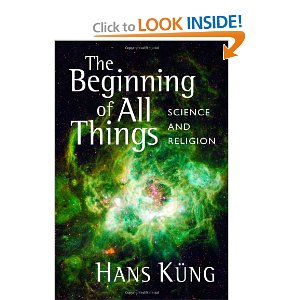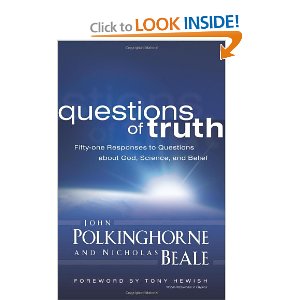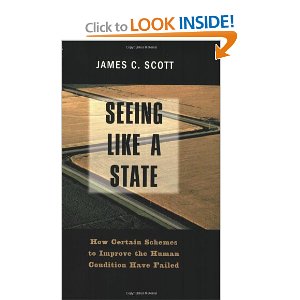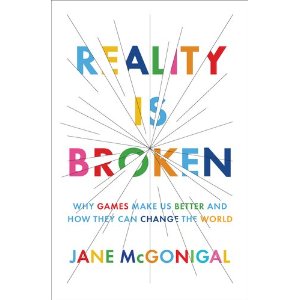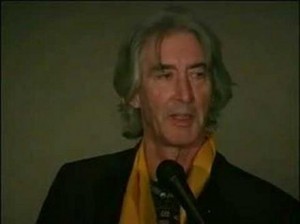
Phi Beta Iota: We reproduce the excerpt in order to add links to all of the books and individuals mentioned. Tip of the Hat to Reality Sandwich for this offering, and to Evolver Editions (North Atlantic/Random House) for their new Manifesto series in support of human consciousness and planetary synthesis.
Noosphere: The Next Stage in the Evolution of Human Consciousness, A Testimony
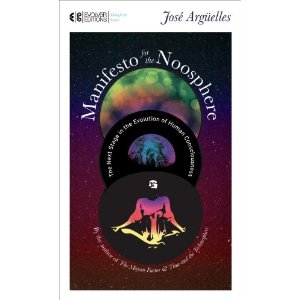
To mark the recent passing of José Argüelles, we offer an excerpt from his upcoming book Manifesto for the Noosphere: The Next Stage in the Evolution of Human Consciousness, available from Evolver Editions/North Atlantic Books in October 2011.
EXCERPT:
We must enlarge our approach to encompass the formation taking place before our eyes … of a particular biological entity such as has never existed on earth-the growth, outside and above the biosphere, of an added planetary layer, an envelope of thinking substance, to which, for the sake of convenience and symmetry, I have given the name of the Noosphere. –Pierre Teilhard de Chardin, The Future of Man
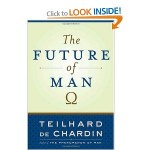
Manifesto for the Noosphere is the result of forty years of study, contemplation, investigation, and synthesis. While the noosphere may be beyond the grasp of conventional science, it is a deep and pervasive intuition that has gripped the minds of scientists, philosophers, poets, and artists since the concept first emerged in 1926. It is an evolutionary concept posited by studies in both biogeochemistry and paleontology. It is a whole-systems paradigm that melds prophecy and analysis of current world trends. It is a perception that the transformation of the biosphere is inevitably leading to a new geological epoch and evolutionary cycle, and it is due to the impact of human thought on the environment that this new era — the Noosphere — is dawning.


